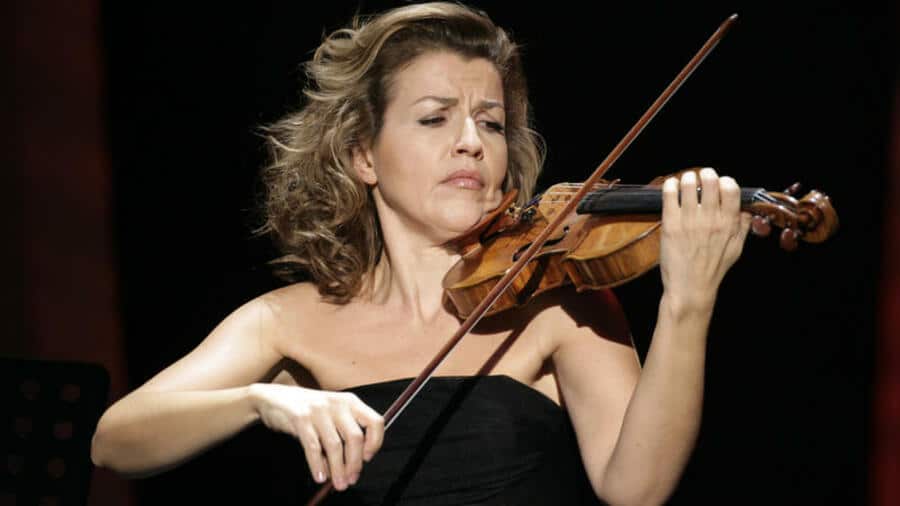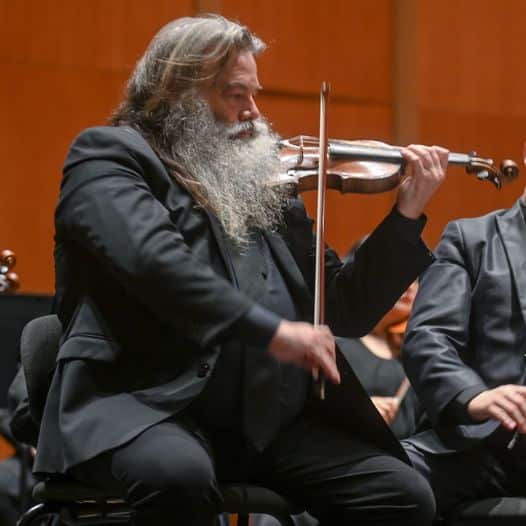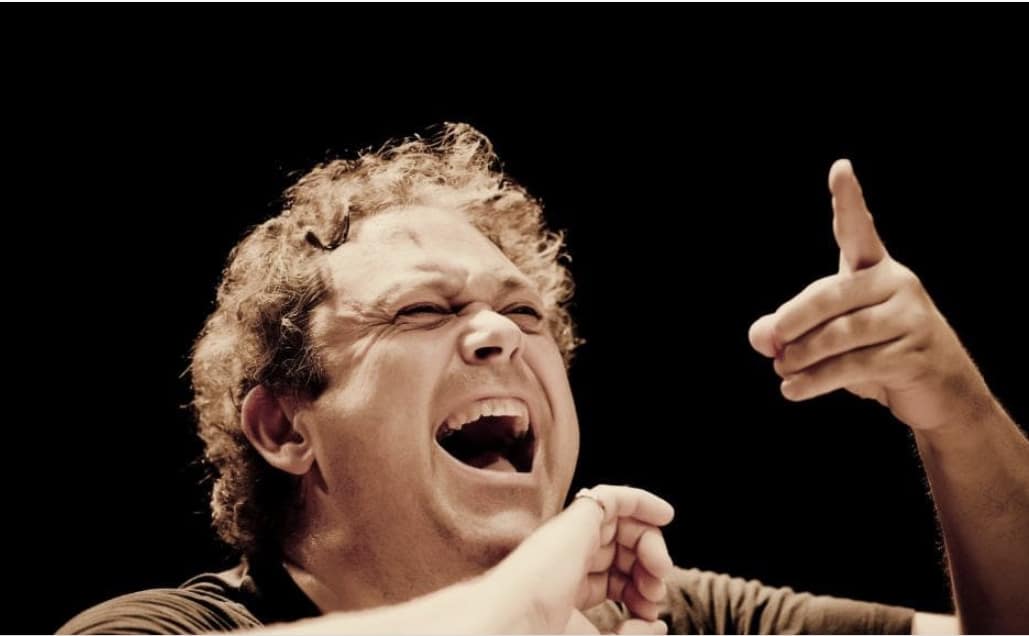Lenin’s favourite Mahler conductor
NewsA first biography of Gustav Mahler’s close associate Oskar Fried, by Alexander Gurdon, has appeared in German under the title ‘Von Mahler bis Moskau’.
Mahler personally rehearsed Fried in the performance of his second symphony (of which Fried would make the first recording in 1921). Lenin personally greeted Fried in 1922 when he became the first foreigner to conduct in Moscow after the Revolution.
When Hitler came to power, Fried migrated to Tbilisi in Georgia, moving on to Moscow, where he died, aged 69, in 1941.
His Resurection Symphony recording is epic.






Sadly, the recording itself is so old and decrepit, that it’s difficult to tell much of anything beyond just the tempos.
I hope an English translation is on the way.
There is nothing epic about Fried’s recording. Historical yes, but that’s about it. The orchestration is reduced and the playing is sloppy. Listen to any of Bruno Walter’s recordings (he was Mahler’s assistant). Those are the real deal.
If you’re talking specifically about the “Resurrection” Symphony, I think Walter’s live 1948 Vienna recording of it has a lot more ‘electricity’ to it than his later Columbia studio recording. He gave a legendary performance of M2 in Chicago; but, of course, nobody recorded it! If we’re going to go down the historical route, I love Klemperer’s 1965 stereo recording of a performance he gave of M2 in Munich (Bavarian Radio Orchestra) with Janet Baker, issued by EMI. And, of course, Stokowski blew the roof off of Royal Albert Hall with his early 1960’s Proms performance of M2, also with Janet Baker. That was issued by BBC Legends. To be fair to Oskar Fried, his performance was much earlier than any of those. It’s hard to tell anything from the sound quality.
I’ve always had a fondness for Fried’s recording of “Symphonie fantastique” — a unique and, I think, convincing reading. He doubles the bells in the finale with tam-tam and piano (as suggested by Berlioz), and they’re damned creepy! (First appearance at 42:30.)
https://youtu.be/GkFatBwgSJM
You are right about that finale. “Bring out your dead !”
Certainly apt for the year 1937 in the Soviet Union.
Forget Mahler and Fried! I want to know who Lenin’s favorite tsar was. I mean Alexander II was ready to give Russia a constitution and legislative government when assassinated. This caused Alexander III to hang Lenin’s brother and drove the revolutionaries to an almost non-existence. Only Nicholas II’s poor executive management and stupidity to involve his country in an unnecessary war first with Japan and then 10 years later with Germany ended Russian imperial autocracy and his life. So without Nicholas II, Lenin would have been a nobody and who cares about his favorite Mahler conductor?
You can’t reverse-engineer history; not without a time machine, anyway. That’s like saying that without Kaiser Wilhelm, Hitler would have remained a nobody. I believe your point is that YOU don’t care who Lenin’s favorite conductor of Mahler was. I can relate to that. However, I think a more pertinent question is, what evidence is there that Lenin knew anything about Mahler’s compositions? . . . It seems to me that politics and political violence kept Lenin pretty busy . . . . maybe NL was talking about John Lennon (LOL).
At the risk of a spoiler alert, does the book ever really get to the bottom of his passing in 1941? Murdered, died in prison, or what? Inquiring minds want to know…as someone noted below, his 1937 Berlioz recording is one for the ages, idiosyncratic, ferocious, and surprisingly well recorded for the period.
I went to archives in Moscow and Petersburg (in 2017, when that was easy), and found, among other things, a letter from his second wife. Fried suffered from Parkinson’s disease in his last years and they had to apply for financial support. His whole last years in Russia are an exciting episode, he also conducted Beethoven’s 9th symphony for the celebration of the October Revolution in 1937, while the country was sinking in terror. But that the circumstances of his death on July 5, 1941 should have been very ambiguous, I could not confirm that, it seems to be more a legend.
It is not a first biography! Get your facts straight!
During Fried’s lifetime there were a few writings about him, moreover, after his death a few Russian friends remembered him, but this book tries to gather as much and as completely as possible about him. In this respect, it is the first complete biography about him, 700 pages, according to the current state of affairs.